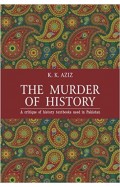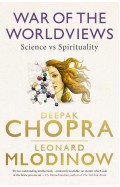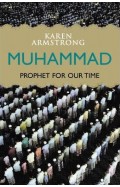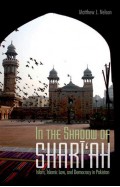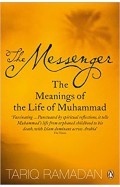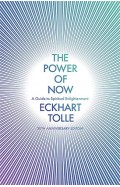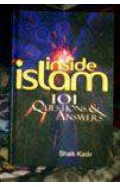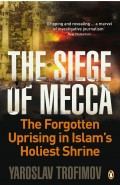Ethnic conflict and civic life: Hindus and Muslims in India
By: Ashutosh Varshney
-
Rs 400.00
- Rs 500.00
- 20%
You save Rs 100.00.
Due to constant currency fluctuation, prices are subject to change with or without notice.
We're offering a high discount on this book as it is slightly damaged
What kinds of civic ties between different ethnic communities can contain, or even prevent, ethnic violence? This book draws on new research on Hindu- Muslim conflict in India to address this important question. Ashutosh Varshney examines three pairs of Indian cities--one city in each pair with a history of communal violence, the other with a history of relative communal harmony--to discern why violence between Hindus and Muslims occurs in some situations but not others. His findings will be of strong interest to scholars, politicians, and policymakers of South Asia, but the implications of his study have theoretical and practical relevance for a broad range of multiethnic societies in other areas of the world as well. The book focuses on the networks of civic engagement that bring Hindu and Muslim urban communities together. Strong associational forms of civic engagement, such as integrated business organizations, trade unions, political parties, and professional associations, are able to control outbreaks of ethnic violence, Varshney shows. Vigorous and communally integrated associational life can serve as an agent of peace by restraining those, including powerful politicians, who would polarize Hindus and Muslims along communal lines.
We're offering a high discount on this book as it is slightly damaged
What kinds of civic ties between different ethnic communities can contain, or even prevent, ethnic violence? This book draws on new research on Hindu- Muslim conflict in India to address this important question. Ashutosh Varshney examines three pairs of Indian cities--one city in each pair with a history of communal violence, the other with a history of relative communal harmony--to discern why violence between Hindus and Muslims occurs in some situations but not others. His findings will be of strong interest to scholars, politicians, and policymakers of South Asia, but the implications of his study have theoretical and practical relevance for a broad range of multiethnic societies in other areas of the world as well. The book focuses on the networks of civic engagement that bring Hindu and Muslim urban communities together. Strong associational forms of civic engagement, such as integrated business organizations, trade unions, political parties, and professional associations, are able to control outbreaks of ethnic violence, Varshney shows. Vigorous and communally integrated associational life can serve as an agent of peace by restraining those, including powerful politicians, who would polarize Hindus and Muslims along communal lines.
Battles Half Won : Indias Improbable Democracy
By: Ashutosh Varshney
Rs 3,565.75 Rs 4,195.00 Ex Tax :Rs 3,565.75
Ethnic Conflict and Civic Life: Hindus and Muslims in India
By: Ashutosh Varshney
Rs 560.00 Rs 1,400.00 Ex Tax :Rs 560.00
Ethnic conflict and civic life: Hindus and Muslims in India
By: Ashutosh Varshney
Rs 400.00 Rs 500.00 Ex Tax :Rs 400.00
Zubin Mehta: A Musical Journey (An Authorized Biography)
By: VOID - Bakhtiar K. Dadabhoy
Rs 892.50 Rs 1,050.00 Ex Tax :Rs 892.50
The Quest For Meaning: Developing A Philosophy Of Pluralism
By: Tariq Ramadan
Rs 1,185.75 Rs 1,395.00 Ex Tax :Rs 1,185.75
War of the Worldviews: Science vs Spirituality
By: Dr Deepak Chopra
Rs 797.50 Rs 1,595.00 Ex Tax :Rs 797.50
In the Shadow of Shari'ah: Islam, Islamic Law and Democracy in Pakistan
By: Matthew J Nelson
Rs 2,347.50 Rs 4,695.00 Ex Tax :Rs 2,347.50
The Messenger: The Meanings of the Life of Muhammad
By: Tariq Ramadan
Rs 2,236.00 Rs 2,795.00 Ex Tax :Rs 2,236.00
Read to Your Baby Every Night - 30 Classic Lullabies and Rhymes to Read Aloud
By: Lucy Brownridge
Rs 3,140.75 Rs 3,695.00 Ex Tax :Rs 3,140.75
Artists Making Books - Poetry to Politics
By: Venetia Porter
Rs 8,995.50 Rs 9,995.00 Ex Tax :Rs 8,995.50
Zubin Mehta: A Musical Journey (An Authorized Biography)
By: VOID - Bakhtiar K. Dadabhoy
Rs 892.50 Rs 1,050.00 Ex Tax :Rs 892.50
Battles Half Won : Indias Improbable Democracy
By: Ashutosh Varshney
Rs 3,565.75 Rs 4,195.00 Ex Tax :Rs 3,565.75
Ethnic Conflict and Civic Life: Hindus and Muslims in India
By: Ashutosh Varshney
Rs 560.00 Rs 1,400.00 Ex Tax :Rs 560.00
Ethnic conflict and civic life: Hindus and Muslims in India
By: Ashutosh Varshney
Rs 400.00 Rs 500.00 Ex Tax :Rs 400.00












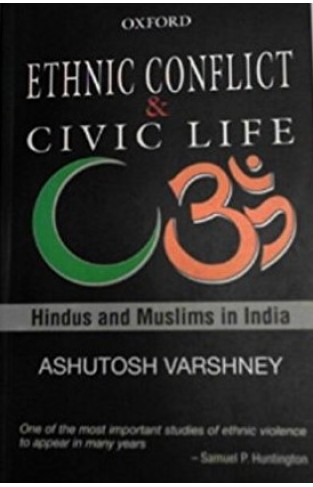
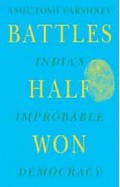
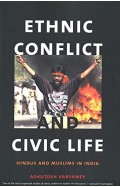
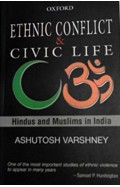
-120x187.jpg?q6)





